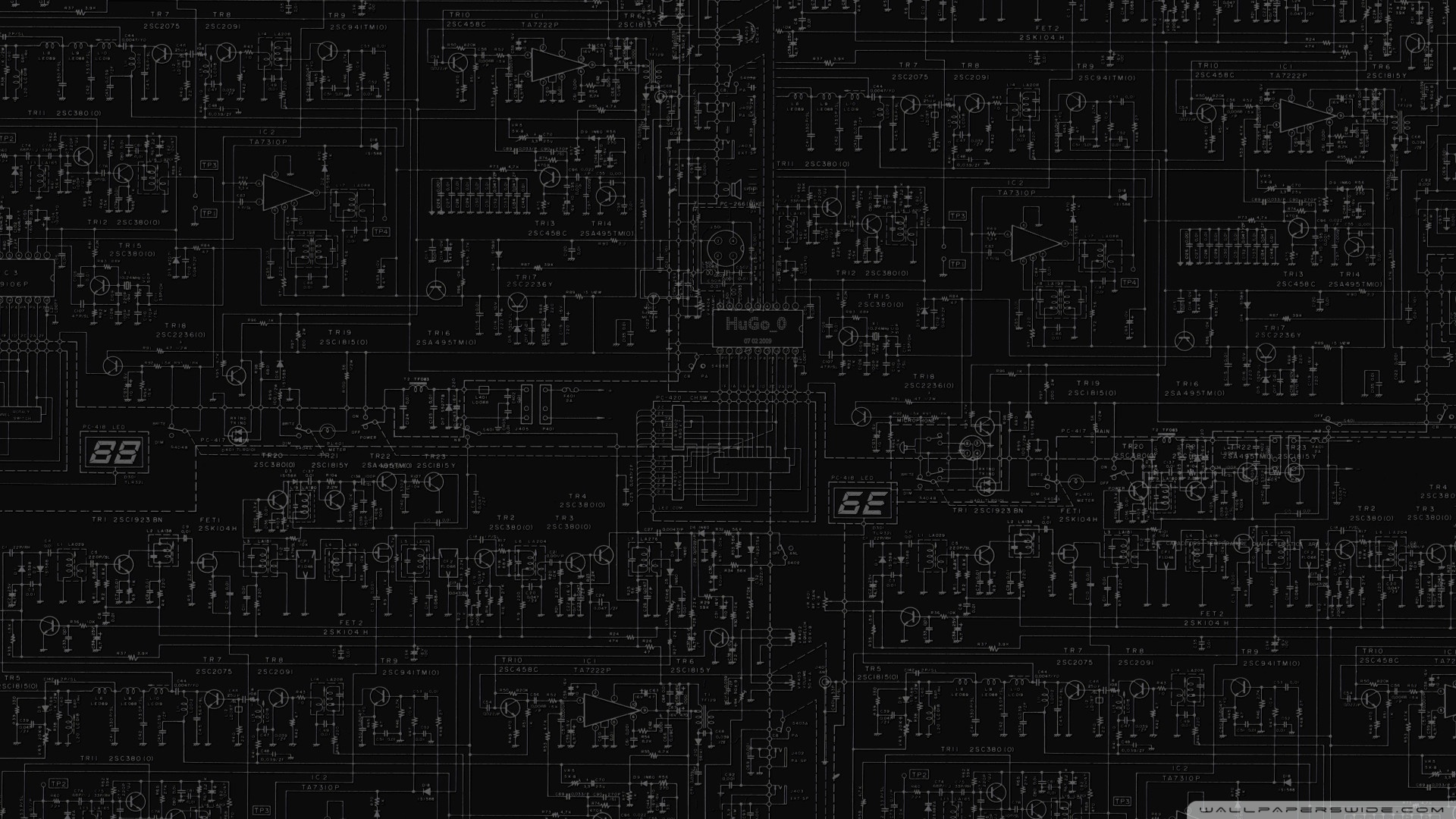









Ill be interested to see if with worth getting rid of the sli 1080tis for a 2080ti
Ill be interested to see if with worth getting rid of the sli 1080tis for a 2080ti
What about the 1060 6G = 980?Historicalliy it usually goes something like this - 2050 = 1060 ; 2060 = 1070 ; 2070 = 1080/Ti ; 2080 = 1080Ti / refined Titan (Titan V AFAIR). 2080Ti = Satan spawn on roids.
What about the 1060 6G = 980?
Sent from my SM-G928F using Tapatalk
Lets wait for hard facts and leave the rumour mill to those other duff threads around the forum.An RTX 2060 was reported to outperform an overclocked 1080 Ti.
I think he got us all LOLJeez, you got my panties all wet for nothing, thanks a lot...
Not so sure you’re gonna see 1080Tis roll in too soon at the current 2080 pricing structure. I was keen to upgrade but quickly changed my plans and rekindled my love for my 1080Ti when I saw the new pricing. Anyway, am looking forward to the benchmarks.More people need to buy the new series cards so more people like me get get bargain bin pricing on the 1080ti's people are inevitably going to ditch
Yeah but these new gen cards are supposed to break that mould according to leaks. Which, of course, should be taken with a grain of salt.
An RTX 2060 was reported to outperform an overclocked 1080 Ti.
But we'll see...
Cheers
I am actually worried that the RTX 2080 Ti isn't going to perform near what people think it is.
Maybe the game just gave a bad impression due to bad optimization or something but from a article I read this morning they were saying in Shadow of the Tomb raider the 2080 Ti couldn't even get stable 60fps on 1080p. It was running between 30-70fps.
They tried blaming it on bad optimization and that the game isn't a final product yet, but you kind of want enough raw power in a gfx card of that price, so that even with bad optimization you can run at decent frames.
I guess we have to wait and see how it performs with games that are actually out before judging it.
Here is a link to the article if anyone was wondering.
Shadow of the Tomb Raider unable to maintain 60fps on a GeForce RTX 2080 Ti
Ag vokof., You got me good.The benchmarks everyone's been waiting for !!!

Made you look
If you find em - post here xD
CP out
Guys i Found the benchmarks. Still waiting for the 2080ti though

Sent from my SM-G928F using Tapatalk
